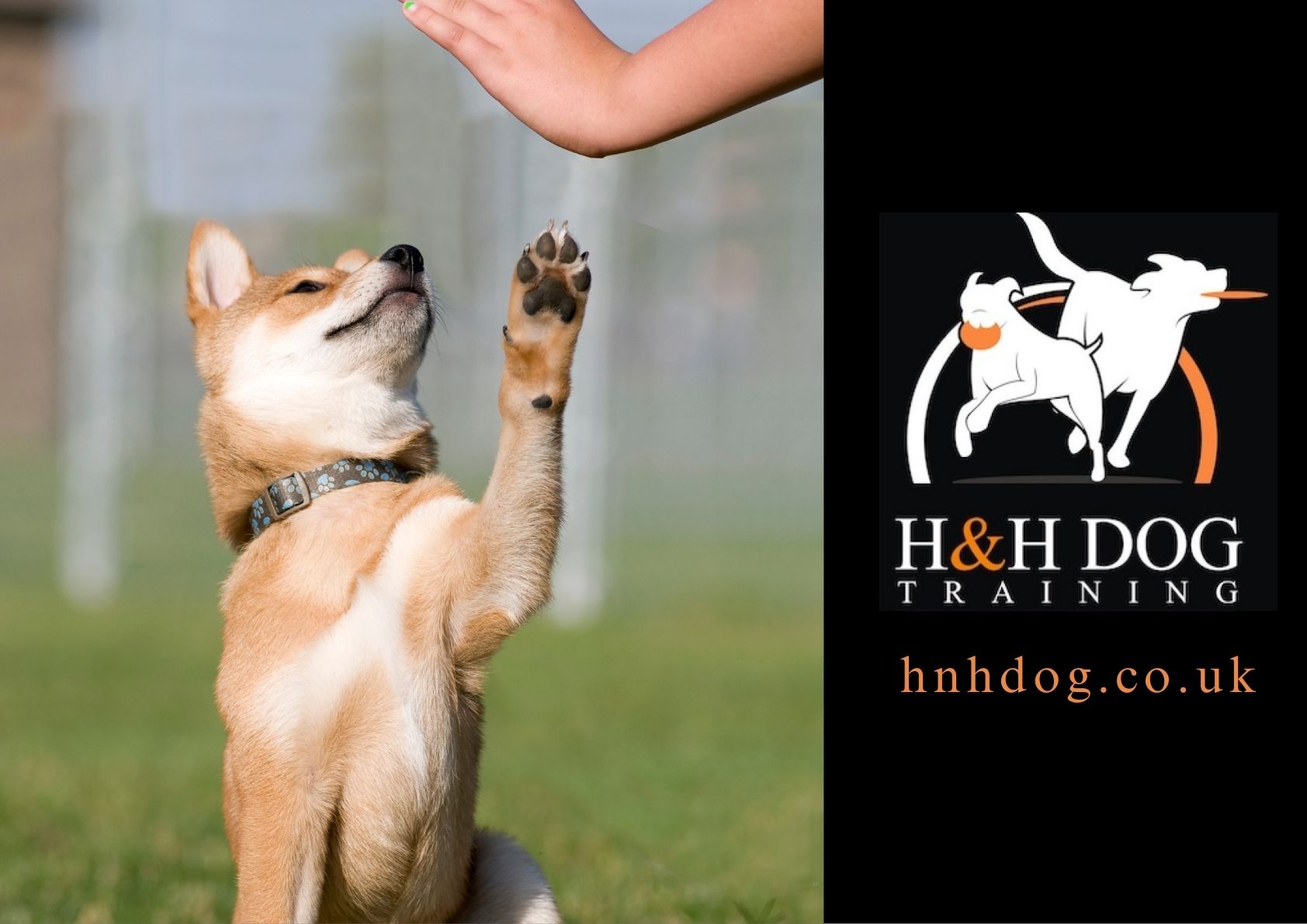Simple Dog Training Techniques for a Well-Behaved Pet
Simple Dog Training Techniques for a Well-Behaved Pet
Blog Article
The Ultimate Overview to Pet Training: Change Your Animal's Actions
Efficient canine training is vital for promoting an unified partnership in between animals and their proprietors. The intricacies of canine behavior and the implementation of organized training methods play a crucial role in this procedure. By comprehending the principles of positive support, consistency, and socialization, pet dog owners can navigate common obstacles that occur throughout training. This overview not only aims to outfit you with the required tools to change your dog's behavior yet likewise welcomes you to explore just how these fundamental ideas can lead to a much deeper link with your animal. What might be the initial step in this transformative trip?
Comprehending Pet Habits
Comprehending pet dog actions is vital for effective training and a harmonious connection in between pets and their proprietors. A pet's actions is affected by a mix of genetics, environment, and experiences. Dog training. Recognizing these aspects permits proprietors to customize their training approaches to meet the individual needs of their animals
Pets connect largely via body movement, articulations, and faces. As an example, a wagging tail can indicate excitement or happiness, while a put tail might signify anxiety or entry. Observing these signs makes it possible for proprietors to react suitably, strengthening positive habits and resolving adverse ones properly.
Additionally, recognizing the social framework of canines can provide understandings into their habits. Dogs are pack pets, and they thrive in an organized environment. Developing clear limits and constant guidelines can stop complication and advertise a complacency.
Additionally, identifying the natural reactions of pets, such as need to dig or go after, is vital. These instincts can be redirected via suitable outlets, such as play or workout. By thoroughly comprehending these behavioral aspects, owners can promote a favorable training experience, inevitably bring about a loyal and well-adjusted canine buddy.
Vital Training Techniques
Efficient pet dog training relies on a selection of essential methods that can dramatically enhance the knowing procedure for both the dog and the owner. One essential strategy is positive reinforcement, which includes satisfying preferable actions with deals with, appreciation, or playtime. This technique urges pets to duplicate the habits that bring about positive results, promoting a relying on connection between the family pet and proprietor.
An additional secret method is uniformity in expectations and commands. Using the same verbal signs and hand signals aids the dog comprehend what is needed, decreasing confusion and advertising quicker knowing. Additionally, developing clear borders and rules is crucial for effective interaction.
Socializing is likewise a crucial part of training. Revealing dogs to various settings, individuals, and other animals assists them develop ideal social skills and reduces anxiousness in unknown scenarios.
Finally, persistence and timing are vital. Educating sessions must be quick yet constant, guaranteeing that the canine stays involved and receptive. By employing these essential strategies, owners can create a favorable and structured training experience that advertises etiquette and strengthens the bond with their canine buddies.
Creating an Educating Schedule
Just how can a well-structured training timetable enhance a dog's discovering experience? A training schedule supplies consistency, making sure that canines obtain regular, concentrated instruction. This predictability aids pet dogs understand what is expected of them, enhancing their knowing and enabling better retention of commands and actions.
When producing a training timetable, it is important to take into consideration the dog's age, type, and specific temperament. Young pups might take advantage of much shorter, extra frequent sessions, while adult pets might love longer, much less constant training periods. Integrating a range of tasks can also keep the sessions engaging, protecting against boredom and promoting enthusiasm for understanding.
Additionally, scheduling training sessions at certain times of the day can aid strengthen a routine. Matching training with daily walks or play can develop a favorable organization with understanding. It is also essential to consist of time for support, such as deals with or appreciation, to award preferred behaviors quickly.
Finally, versatility is crucial. While consistency is important, being versatile to the dog's mood or energy degree can boost their discovering experience. A well-crafted training routine eventually lays the foundation for efficient communication and a stronger bond in between the canine and owner.
Common Training Obstacles
Regardless of having a well-structured training routine, dog owners often encounter numerous obstacles during the helpful resources training process. One usual concern is variance in commands and hints. When multiple relative make use of different terms or tones, a canine may end up being overwhelmed, preventing its capacity to find out effectively.
Another constant difficulty is distraction. Dog training. Canines are naturally curious animals, and external stimuli such as other pets, sounds, or people can divert their attention throughout training sessions. This requires owners to produce a controlled environment or slowly introduce diversions to enhance emphasis
In addition, varying power levels can influence training end results. High-energy pets may battle to calm down and concentrate, while a lot more easygoing types may need extra inspiration to engage. Customizing the training strategy to fit the specific canine's personality is necessary for success.

Structure a Strong Bond
A strong bond between a canine and its owner is vital for effective training and general health. Dog training. This connection fosters trust fund, which is crucial for reliable communication throughout the training process. When a pet dog feels connected and secure to its owner, it is most likely to react favorably to cues and commands
To construct this bond, consistency is essential. Developing a regimen that includes regular feeding, visit site exercise, and training sessions aids produce a feeling of stability. Furthermore, favorable reinforcement strategies, such as treats, praise, and play, reinforce desired behaviors while strengthening the psychological link.
Socialization is one more important aspect of bond-building. Exposing your pet to various atmospheres, people, and other pets aids them feel her explanation much more comfortable and positive, boosting the bond with their proprietor. Taking part in activities with each other, such as strolling, playing fetch, or joining obedience training, advertises teamwork and common satisfaction.
Final Thought

Understanding pet dog behavior is necessary for effective training and a harmonious connection between pets and their owners.Reliable dog training relies on a range of vital methods that can significantly enhance the learning process for both the pet and the owner.In spite of having a well-structured training timetable, dog owners frequently encounter different obstacles throughout the training procedure.In conclusion, effective canine training depends on a thorough understanding of canine behavior, the application of vital methods, and the facility of an organized training timetable. By stressing favorable reinforcement and consistency, canine owners can considerably improve their animals' habits, inevitably making certain an unified relationship and advertising the health of both the pet dog and its setting.
Report this page